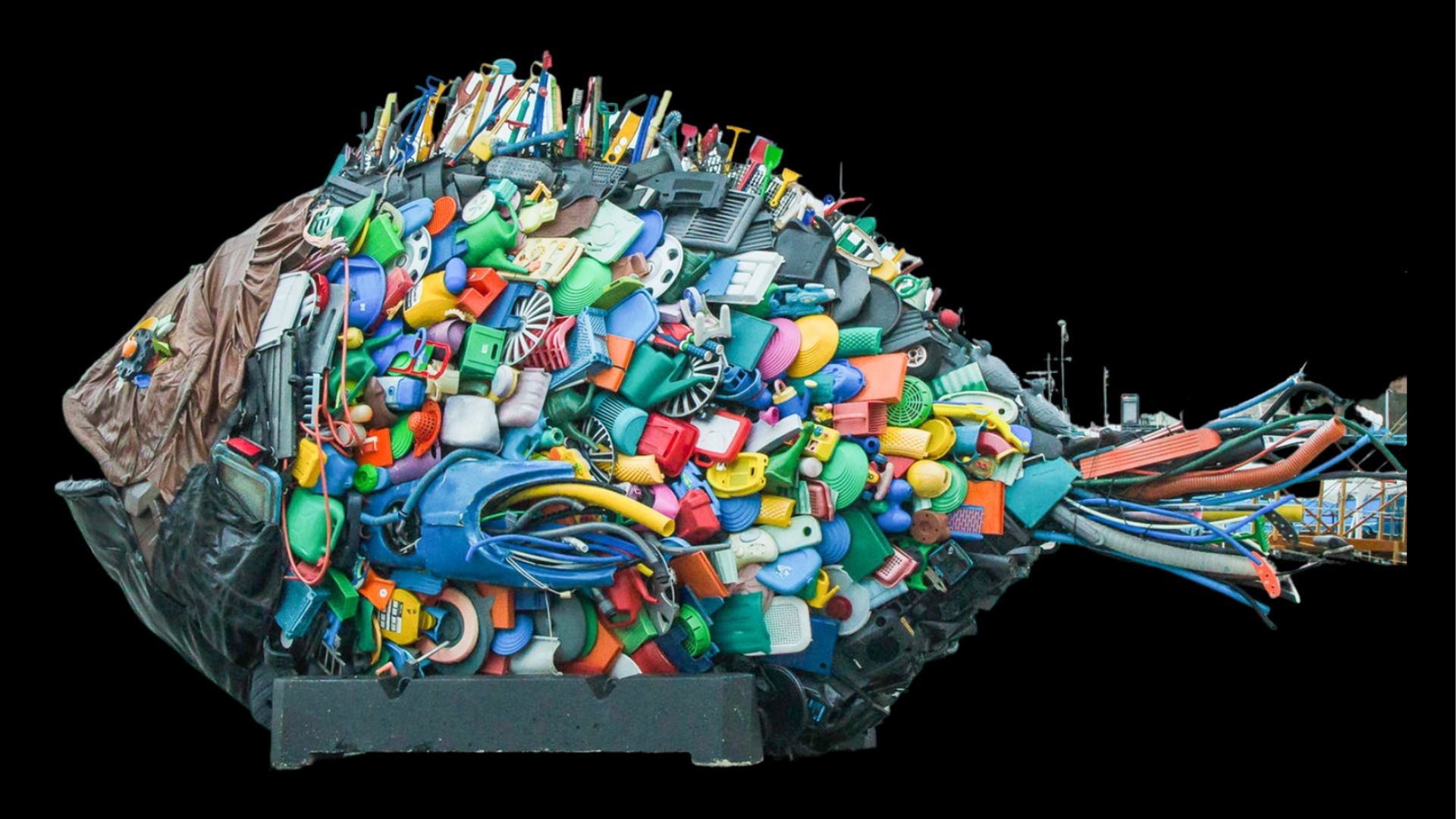Rethinking Plastics for a Sustainable Future

Plastic is now everywhere! It is one of the biggest, most urgent threats faced by humanity, alongside climate change. Invented in 1907, it can take up to 500 years to decompose. In other words, almost every bit of plastic ever created is still in existence. Throughout their lifecycle, plastics are responsible for around 4 percent of all global emissions. Recent trends indicate that global plastic production will surpass 1000 million tonnes by 2050, and lead to the generation of a much larger carbon footprint. Single-use plastic, which constitutes more than 50 percent of global production, is used primarily for packaging and delivery but is the most difficult to recycle. Of all the plastic waste generated globally, less than 10 percent has been recycled. The majority is washed to the streams, rivers, oceans, or ends up in landfills. It is clear that while most countries now have guidelines for managing plastic pollution, they do not suffice.
There are Sustainable Development Goals that address the plastic crisis and offer sustainable ways of management at a global as well as regional level. International conventions and environmental laws are critical to ensure that we manage properly the production, use, and disposal of plastic. But the herculean task of dealing with plastic pollution requires a much stronger ecosystem that integrates socio-cultural, economic, institutional, and technological dimensions.
Focusing on this urgent global challenge, the Global Columbia Collaboratory, founded by Columbia University’s Office of Undergraduate Global Programs, is partnering with Columbia Global Centers | Mumbai, to provide undergraduate students with a platform to engage with plastic pollution on a global scale. Recognizing students as agents of change, the aim of the Spring 2023 Collaboratory is to give students an opportunity to understand the impact of plastics on environment, health, social well-being, and find ways to mitigate the pollution as part of a global initiative.
Interactive seminars within the Global Collaboratory brought in eminent scientists, policymakers, and innovators to provide a holistic view of plastic pollution. The first seminar included a presentation by Dr. Beizhan Yan, Adjunct Associate Professor of International and Public Affairs and a Lamont Associate Research Professor at Lamont-Doherty Earth Observatory, and co-founder of the PPASS (Plastic Pollution Analysis and Sustainable Solution) network comprising over 40 faculty and scholars across multiple disciplines at Columbia University. It also featured Dr. Alexandra Harrington, Chair, IUCN WCEL Task Force on Plastic Pollution and Ms. Shalini Goyal Bhalla, Member–Dry Waste and C&D Waste at NITI Aayog, Govt. of India.
To inspire students and the global diaspora to take action, the second session on Plastic Warriors featured changemakers, sharing their inspiring innovative journeys to rethink packaging, new ways of recycling, suitable alternatives, and the use of new-age technology. Discussing in detail the issues that plastic pollution present, speakers Rashi Agrawal, Director of Partnerships at Banyan Nation and Columbia Business School alumna, and Ved Krishna, Founder, Pakka Inc., provided insights into the work their respective organizations carry out in order to reduce the plastic footprint.
The virtual seminars provided students with a platform to reflect, ideate, collaborate, and create stories around citizen action, alternate pathways, and green innovations for tackling plastic pollution.